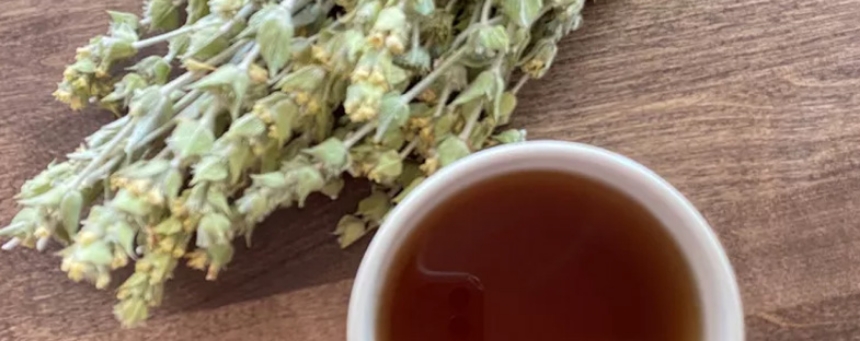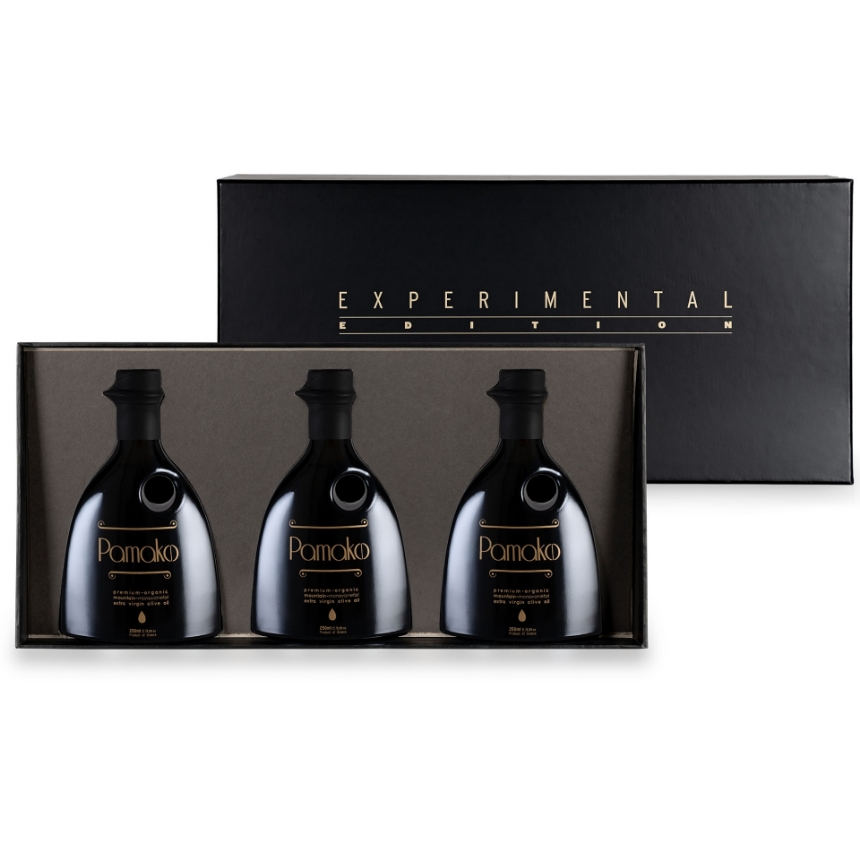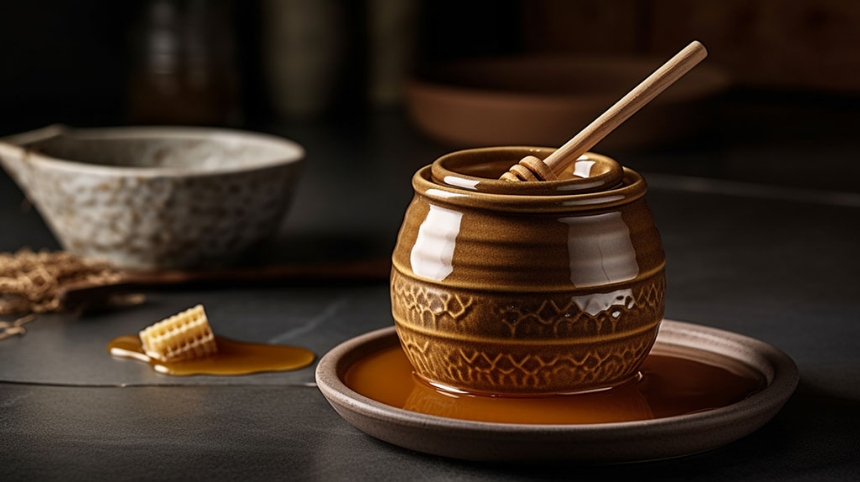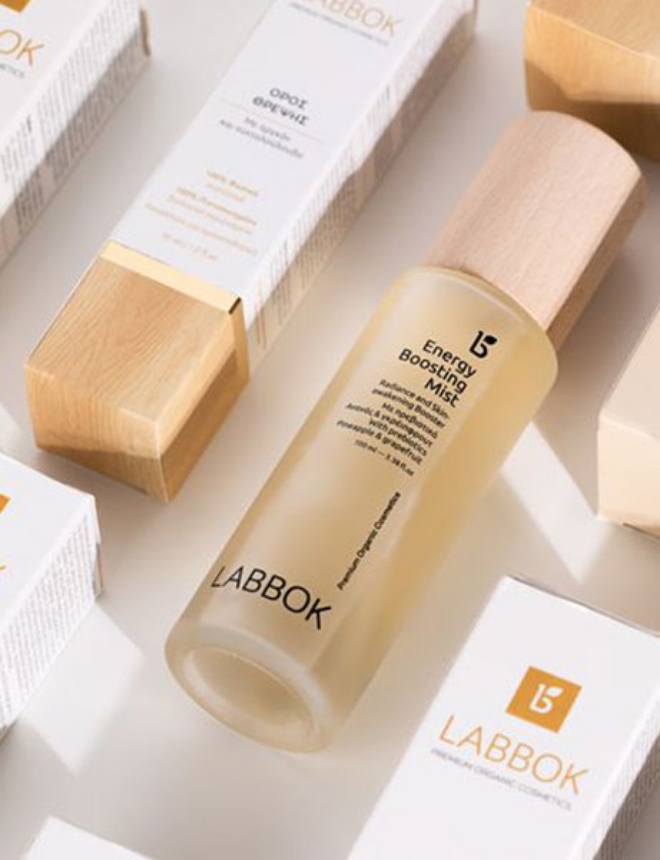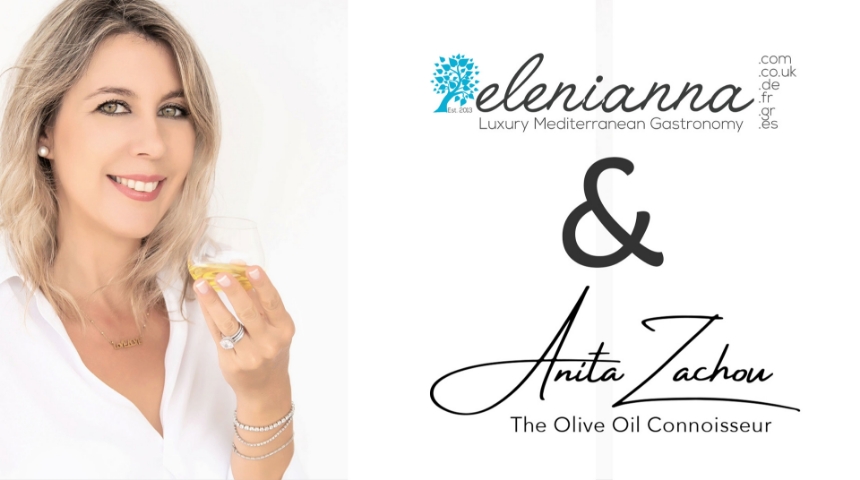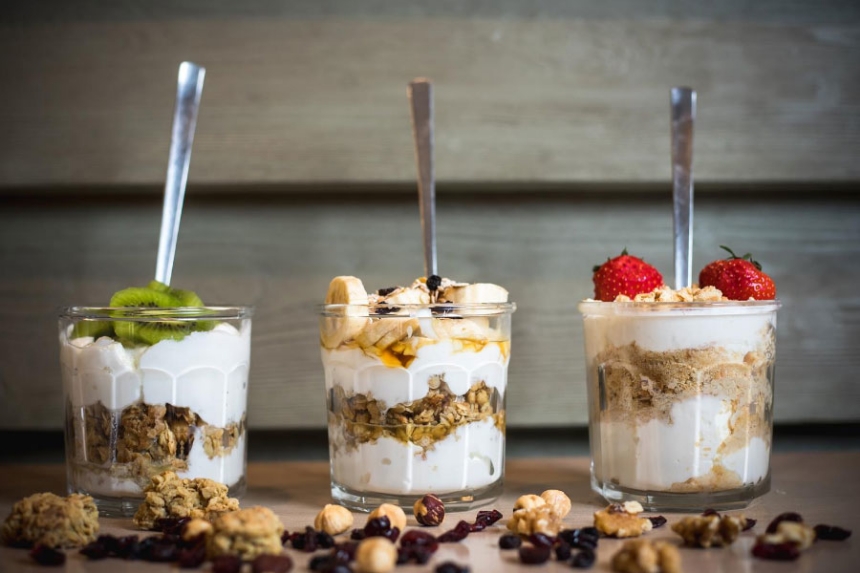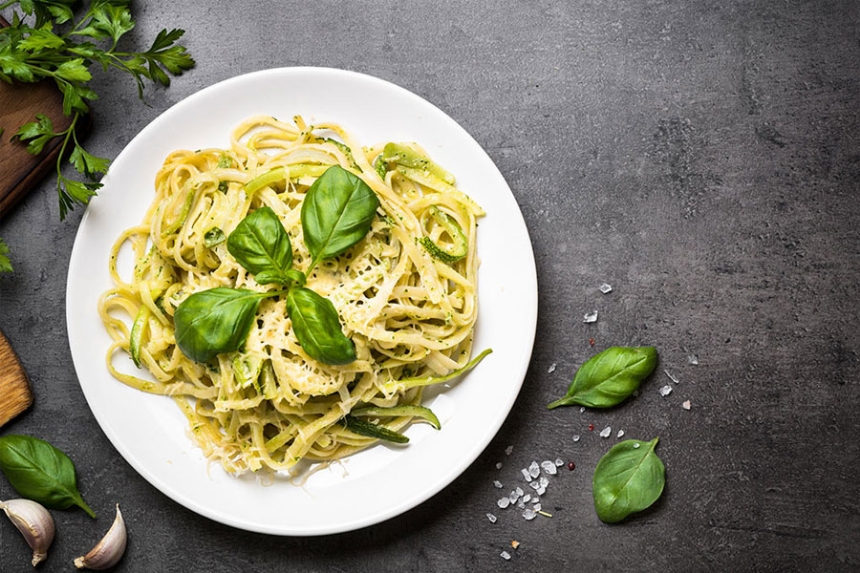Want to get notifications from us?
Blog search
Blog archive
- 2026
- 2025
- 2024
- 2023
- 2021
- 2020
- 2019
- 2018
- 2017
- 2015
- 2014
- 2013
RSS
Blog
03 August, 2023 Comments (0)
Greek mountain tea is a traditional herbal tea that has been enjoyed by Greeks for centuries. It is made from the leaves and flowers of the Sideritis plant, which grows in abundance in the mountains of Greece. Mountain tea is known for its many health benefits, including: Boosting the immune system Fighting off infection Reducing inflammation Soothing a sore throat Relieving coughs and colds Aiding digestion Preventing anemia Reducing stress and anxiety Improving sleep Mountain tea can be enjoyed hot or cold, and it can be sweetened with honey or lemon. It is a delicious and nutritious way to boost your health and well-being.
01 August, 2023 Comments (0)
Greek coffee is a strong, unfiltered coffee that is traditionally made in a briki. It is a popular drink in Greece and Cyprus, and it is also becoming increasingly popular in other parts of the world. This blog article will provide you with an overview of Greek coffee, including its history, brewing process, unique flavor, and cultural significance. You will also learn how to make Greek coffee at home with our easy-to-follow instructions. So whether you are a coffee lover or just curious about Greek culture, this blog article is for you!
22 July, 2023 Comments (0)
Greek high phenolic olive oil is the healthiest type of olive oil available. It is rich in antioxidants and has been shown to have a number of health benefits. If you are looking for a healthy and delicious oil to add to your diet, Greek high phenolic olive oil is the perfect choice.
21 May, 2023 Comments (0)
Treat yourself to a sensory delight with the irresistible allure of Premium Greek Flavored Coffee. This exceptional blend combines the rich traditions of Greek coffee with a symphony of enticing flavors, promising a truly indulgent and memorable coffee experience. In this body overview, we will delve into the exquisite qualities of this unique beverage, including its origins, flavor profiles, brewing methods, and cultural significance.
03 May, 2023 Comments (0)
Greek honey is often sought after for its pure, raw form. Unlike processed honey, raw honey is unpasteurized and unfiltered, meaning it retains all of its natural enzymes and nutrients. This makes Greek raw honey an excellent option for those looking for a natural sweetener that can offer a wide range of health benefits, including improved digestion, boosted immune system, and increased energy levels.
15 January, 2023 Comments (0)
Discover the beauty of self-care with a luxurious twist - go premium and organic with vegan cosmetics. From luxurious face serums to gentle makeup removers, explore how this premium organic line of cosmetics can redefine your beauty routine and make it easier to take care of yourself. Whether you're looking for a new skincare routine or wanting to try a few new products, learn how vegan cosmetics offer both quality and sustainability without sacrificing luxury or performance. Get ready to treat yourself to something special
30 January, 2021 Comments (1)
Elenianna.com is pleased to announce the beginning of the collaboration with Expert Olive Oil Taster Anita Zachou. From now on, Anita Zachou will be responsible for the quality evaluation of all the olive oil samples received by our company, ensuring that the extra virgin olive oil that our customers buy from us meets all the quality criteria but also offers a high tasting experience synonymous with elenianna.com quality.
12 July, 2020 Comments (0)
Premium Organic Honey "Vanilla Fir” is the only Greek Honey with Protected Designation of Origin (PDO). It is harvested in our own organic apiaries, from the black firs of Mount Mainalon in Arcadia - which reaches a height of 1500m. It is a renowned product for its taste and low sugar concentration. It is light in color, a shade between pearl and vanilla. We gave it its first name because of its vanilla-like color, but in no way does it imply vanilla in any form.
23 February, 2020 Comments (0)
Imagine waking up under the Greek sun, while on an island escape, nature adventure or City Break, to a delicious breakfast buffet of local specialties at a hospitable table. The “Greek Breakfast” welcomes guests at hotels in every corner of Greece to savor the flavors and aroma of purely Greek products and regional breakfast delicacies. You’ll enjoy a taste of local culinary tradition that, not only travels your senses but inspires the discovery of regional cultural heritage, local products and fruits of the earth. What better way to start your day…
09 January, 2020 Comments (0)
Simple, tasty olive oil pasta loaded with Mediterranean flavors.

